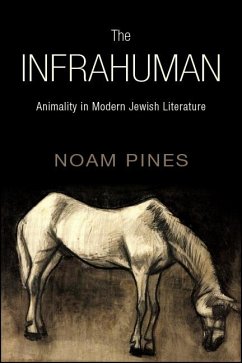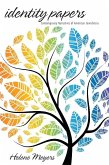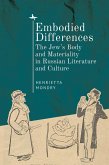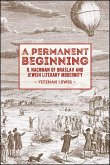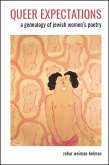The Infrahuman explores a little-known aspect in major works of Jewish literature from the period preceding World War II, in which Jewish writers in German, Hebrew, and Yiddish employed figures of animals in pejorative depictions of Jews and Jewish identity. Such depictions are disturbing because they sometimes rival common anti-Semitic stereotypes, and have often been explained away as symptoms of Jewish self-hatred. In this book, Noam Pines shows how animality emerged in Jewish literature not as a biological or conceptual category, but as a theological figure of exclusion from a state of humanity and Christianity alike. By framing the human-animal question in theological terms rather than in racial-biological terms, writers such as Heinrich Heine, S. Y. Abramovitsh, Hayim Nachman Bialik, Uri Zvi Greenberg, Franz Kafka, S. Y. Agnon, and Paul Celan subjected the pejorative designations of Jewish identity to literary elaboration and to philosophical negotiation.
Dieser Download kann aus rechtlichen Gründen nur mit Rechnungsadresse in A, D ausgeliefert werden.

